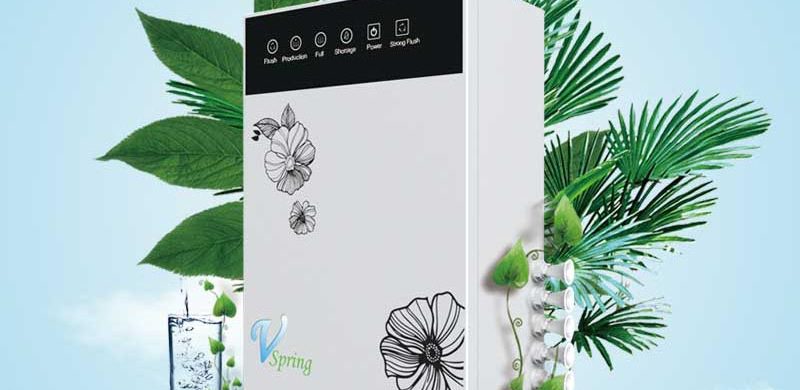
Running under the theme, Sustainable Industrial Development, this year’s edition of the Zimbabwe International Trade Fair packed up a lot in innovations that we as Africans could put to good use.
A lot of emphasis was talked about and placed on agriculture and the command agriculture programme in Zimbabwe. As I toured the Trade Fair, I was impressed by one particular stand. We all know that Africa has a lot of water problems in terms of both water borne diseases and water shortages. Quartz Africa states rainfall data visualisations show that 2017 was one of the driest years in recent decades on the African continent.
According to a new report by WHO and UNICEF, some 3 in 10 people worldwide, or 2.1 billion, lack access to safe, readily available water at home, and 6 in 10, or 4.5 billion, lack safely managed sanitation. Every year, 361 000 children under 5 years of age die due to diarrhoea. Poor sanitation and contaminated water are also linked to transmission of diseases such as cholera, dysentery, hepatitis A, and typhoid.
Worse still, around the world up to 443 million school days are lost every year because of water-related illnesses. In Zimbabwe, 4.1 million are at risk. Consecutive El Nino-related droughts left half the rural population in need of food aid until the end of the lean season in March 2017. The crisis is compounded by low purchasing power, reduced remittances from South Africa and high food prices. There were good rains in January and February but there was a national shortage of fertilizer. There was also an outbreak of the hard-to-control Armyworm pest throughout the country.
I came across a company called Romer, which is located in the Shenzhen region of China. Romer is a company which deals in desalination and the purification of water for domestic use. According to their website, “Romer is one of the renowned names in manufacturing and developing seawater desalinators. With practically three decades of experience in designing and constructing water treatment facility from debris leachate, steel plant wastewater, cooking wastewater, our global patrons believe and trust the reliability of our seawater desaliantor.”
At their exhibition stand, they had on show the machines that they had brought with them. Of course, the gadgets were quite pricey but what was noteworthy about what they do is the relevance and the utility of their wares especially in a rural setup. They would be useful and advantageous to women and young men as well. They had a compact water purifier which allows you to drink directly from a river or a stream as it has an inbuilt filter which cleans the water up as you suck water up. They also had a device which allowed one to purify 1000l of water in a matter of hours. It could run on solar power as well. This would be handy and cost effective in the long term.
What can we do as Africa to alleviate our water shortages? What devices can we come up with in order to end water shortages and consequently end the effects of drought on our continent?
Contact us and let us know what you think and what we can do!
@nelson.madzima




